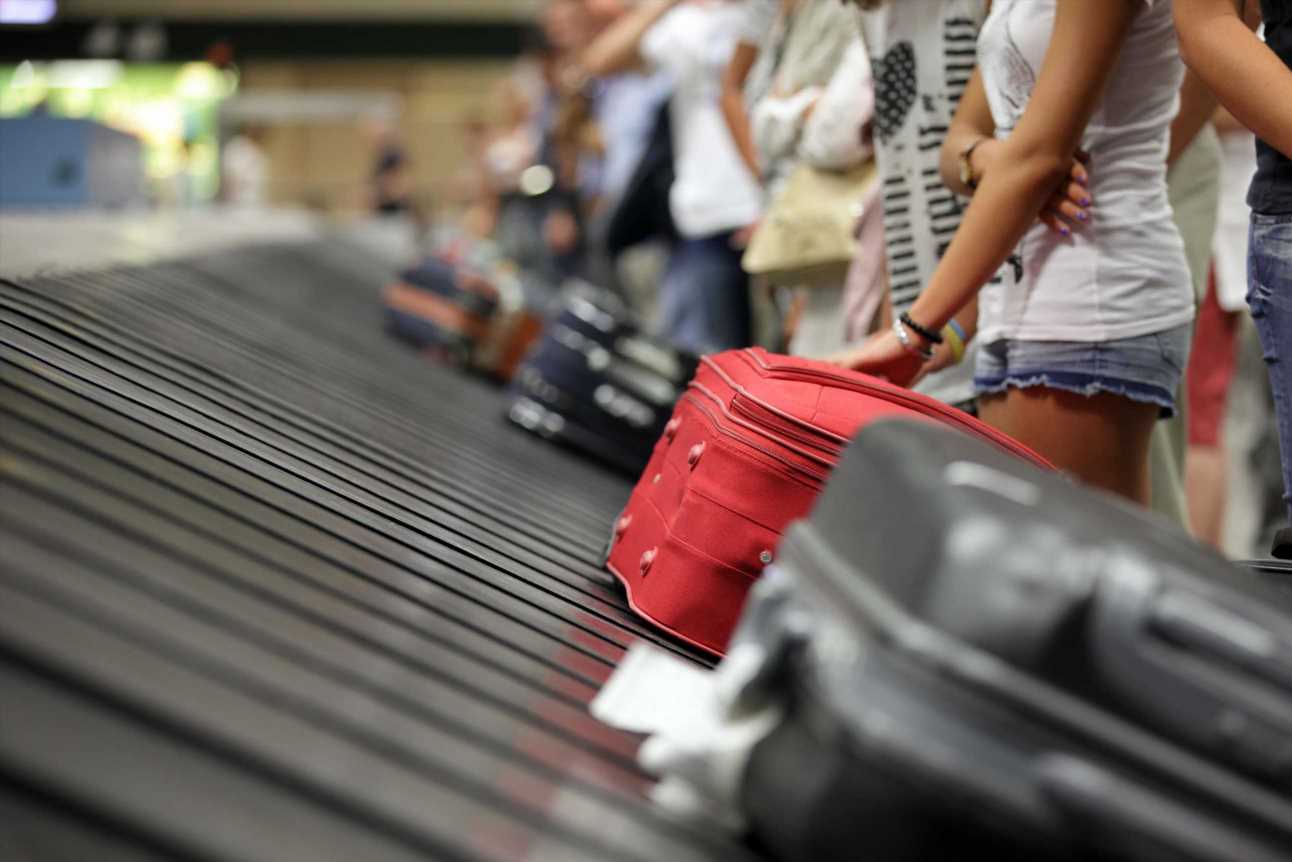THE UK has seen a small outbreak of monkeypox – but many people still don't know much about the virus.
The mystery outbreaks, starting in May 2022, are concerning health leaders. However, the threat to the public is still considered low.
While monkeypox is a mild illness which gets better with time, in very rare cases it can lead to death. About six per cent of cases are fatal, the World Health Organization (WHO) says.
One world health leader has said sex occurring at two raves in Europe could be behind the mystery monkeypox outbreaks.
Professor David Heymann, who formerly headed WHO's emergencies department, said the leading theory “was sexual transmission among gay and bisexual men at two raves held in Spain and Belgium”, AP reported.
Dr Heymann said it is one hypothesis among many, and added it’s known that monkeypox can spread when there is close contact with the lesions of someone who is infected, “and it looks like sexual contact has now amplified that transmission”.
Monkeypox is not known as a sexually transmitted infection (STI), but it can be passed on by direct contact during sex, possibly through contaminated items such as bed linen, clothing and towels.
Read our Monkeypox blog below for the latest news and updates…
- Milica Cosic
‘Not another Covid’
While the monkeypox is concerning experts, they have reassured it is “not another Covid”.
Professor David Heymann, who formerly headed WHO's emergencies department, said it does not spread in the air – although can be passed from sneezing and coughing – and we have vaccines to protect against it.
The UK is stockpiling jabs against the virus which will only be given to those who are deemed at high risk after being in contact with a case.
The vaccine was designed to fight smallpox, which was declared eradicated in 1980, before being discontinued.
But it is also 85 per cent effective against monkeypox, given they are similar viruses of the same family – although the former is more mild.
Prime Minister Boris Johnson's spokesperson said Monday there were no plans for an "at scale" vaccination programme in the UK.
It comes after a British tourist staying at a favourite holiday hotspot in Spain is tested for monkeypox.
The holidaymaker on the Canary Island of Fuerteventura is one of five suspected new cases currently being analysed, health chiefs in the region said.
- Milica Cosic
NHS only has space to treat 50 monkeypox patients (2/2)
Professor Paul Hunter, an infectious disease expert at the University of East Anglia said the number of beds available depends on how many cases would need that level of care.
He said: "The concern is that in the 2018 outbreak, the case infected a health worker and that was thought to be while they were changing the bedding because the flakes from their scabs were spread.
"Patients have to be kept in the specialist unit to avoid the spread."
An NHS spokesperson said: "The NHS has tried and tested plans in place for treating sporadic cases of infectious diseases, such as monkeypox, through a network of highly specialised centres providing expert care.
"The NHS is working closely with UKHSA to ensure the small number of people identified are treated in line with their guidance."
- Milica Cosic
NHS only has space to treat 50 monkeypox patients (1/2)
THE NHS only has enough space to treat 50 monkeypox patients, as cases continue to rise in the UK.
Guidance from the UK Health Security Agency (UKHSA) states that all confirmed cases need to be transferred to high consequence infectious disease (HCID) units if they need hospital care.
But just 15 beds are believed to have existed before Covid- with the spread of the virus ramping up capacity.
Now sources say there are only 50 beds and many people will have to quarantine at home, the MailOnline reported.
Experts said there is 'always a risk beds will run out', especially if the situation 'deteriorates further'.
It's unclear whether the HCID units were kept following the pandemic, with many centres having being closed.
Around 57 Brits have the illness, with more cases having been announced yesterday.
Number 10 is 'keeping an eye' on the situation – but travel restrictions have been ruled out.
- Milica Cosic
If you catch it, 'isolation is the most effective measure'
Dr Carlos Maluquer de Motes, Reader in Molecular Virology, University of Surrey, said: “Isolation is one of the most effective measures to contain the spread of a disease, particularly a viral disease, because it limits the number of susceptible individuals that can be exposed to the virus.
"Isolation of confirmed cases and the identification and vaccination of all their close contacts creates a circle of protected people around a positive case that is very effective in breaking chains of transmission.
"This ‘ring vaccination’ strategy was successfully used to eradicate smallpox, so it is a proven strategy to contain poxvirus disease.”
- Milica Cosic
Explained: How to treat monkeypox
Monkeypox symptoms last between two and four weeks. There is no treatment for it – it gets better on its own.
There are no specific vaccines available for monkeypox, either.
But outbreaks can be controlled using contact tracing.
A vaccine developed for smallpox – which was declared eradicated in 1980 – is also licensed for monkeypox.
This jab has been proven to be 85 per cent effective in preventing monkeypox. However, most people in the UK will not be vaccinated against smallpox given that it is no longer in circulation.
The Government has stocks of the smallpox vaccine which is being offered to very close contacts of those affected. These people also have to isolate for 21 days.
- Milica Cosic
Monkeypox in the UK
On May 7, 2022, a case of Monkeypox case was confirmed to arrive from Nigeria by the UK Health Security Agency (UKHSA).
The patient was treated at Guy's Hospital in London and the UKHSA scrambled to get through to those who might have been in close contact with the infected person.
Following that initial case, a bunch more were reported – with no links to travel.
As of May 24, there have been 56 cases detected in England and one in Scotland.
Most do not have travel links or have been in contact with someone who does, meaning there is community transmission of the virus.Monkeypox has been seen just six other times in the past in the UK, with cases dating back to 2018 and always in travellers from other countries.
However an NHS nurse once caught the virus in 2018 while changing the bedsheets of a patient in hospital, blaming "pathetically small" protective gloves.
Another case was seen in South West England in December 2019 in someone who had visited Nigeria.
The former Health Secretary Matt Hancock announced there had been an outbreak of the monkeypox virus in June 2021, although few details were given.
- Milica Cosic
What are the monkeypox symptoms? (2/2)
An itchy and sometimes painful rash slowly appears one to three days into illness, starting with the face, palms of the hands and soles of the feet.
What starts as a seemingly harmless red rash – which looks like chickenpox – evolves into angry blisters that can last several days.
The inside of the mouth, genitals and lining of the eyes can also be affected by the nasty rash.
If the rash spreads to the eyes it can cause blindness.
While some patients may have only a few lesions, others will have thousands, the WHO says.
Symptoms generally last from 14 to 21 days, with severe cases relating to age, the extent of virus exposure, the patient's health and the severity of complications.
Doctors and the public have been warned to keep an eye out for unexplained rashes.
- Milica Cosic
What are the monkeypox symptoms? (1/2)
Monkeypox causes symptoms between five and 21 days after exposure.
The symptoms of monkeypox start off similar to flu. But then a rash breaks out, starting on the face.
Initial symptoms include:
- fever
- headache
- muscle aches
- backache
- swollen lymph nodes
- chills
- exhaustion
The UK's small outbreak of Monkeypox
THE UK has seen a small outbreak of monkeypox – but many people still don't know much about the virus.
The mystery outbreaks, starting in May 2022, are concerning health leaders. However, the threat to the public is still considered low.
While monkeypox is a mild illness which gets better with time, in very rare cases it can lead to death. About six per cent of cases are fatal, the World Health Organization (WHO) says.
One world health leader has said sex occurring at two raves in Europe could be behind the mystery monkeypox outbreaks.
Professor David Heymann, who formerly headed WHO's emergencies department, said the leading theory “was sexual transmission among gay and bisexual men at two raves held in Spain and Belgium”, AP reported.
Dr Heymann said it is one hypothesis among many, and added it’s known that monkeypox can spread when there is close contact with the lesions of someone who is infected, “and it looks like sexual contact has now amplified that transmission”.
Monkeypox is not known as a sexually transmitted infection (STI), but it can be passed on by direct contact during sex, possibly through contaminated items such as bed linen, clothing and towels.
Source: Read Full Article


